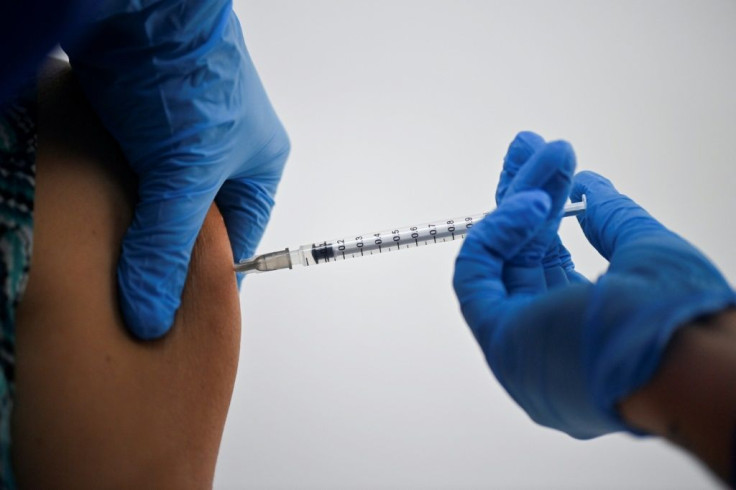You May Be More Likely To Get A Blood Clot From COVID Than The Vaccine: Study
The possibility of developing a blood clot may be “substantially higher” from contracting the virus than from the COVID-19 vaccine, a new study has found.
The study was published in the British Medical Journal on Friday by researchers from the University of Oxford, the London School of Hygiene and Tropical Medicine, as well as a number of British universities.
The researchers looked at data of more than 29 million people that had been inoculated with the first dose of either the Oxford-AstraZeneca or Pfizer-BioNTech COVID vaccine. Here, they analyzed the rate of thromboembolic events or blood clots that occurred as well as thrombocytopenia – a disorder that causes low platelet counts.
The study compared these conditions after the first dose of the vaccine and after a positive COVID-19 test, finding that the “risks of most of these events were substantially higher and more prolonged" after a COVID-19 infection than after vaccination.
“This enormous study, using data on over 29 million vaccinated people, has shown that there is a very small risk of clotting and other blood disorders following first dose COVID-19 vaccination. Though serious, the risk of these same outcomes is much higher following SARS-CoV-2 infection," Aziz Sheikh, professor of Primary Care Research & Development and director of the Usher Institute at The University of Edinburgh and a co-author of the study, said in a statement.
“On balance, this analysis therefore clearly underscores the importance of getting vaccinated to reduce the risk of these clotting and bleeding outcomes in individuals, and because of the substantial public health benefit that COVID-19 vaccinations offer,” he added.
However, there were increased risks with the Oxford-AstraZeneca vaccine identified in the eight to 28 days after the first dose as researchers discovered an uptick in rare blood clotting events and low platelet counts. For the Pfizer-BioNTech vaccine, over the same time period, researchers found an increased risk of blood clots and strokes.
But researchers maintain that there is a “substantial public health benefit” of getting vaccinated as these risks are lower than the risks presented by COVID-19 infections.
“People should be aware of these increased risks after Covid-19 vaccination and seek medical attention promptly if they develop symptoms, but also be aware that the risks are considerably higher and over longer periods of time if they become infected with SARS-CoV-2,” Julia Hippisley-Cox, professor of Clinical Epidemiology and General Practice at the University of Oxford and lead author of the study, said.

© Copyright IBTimes 2024. All rights reserved.




















